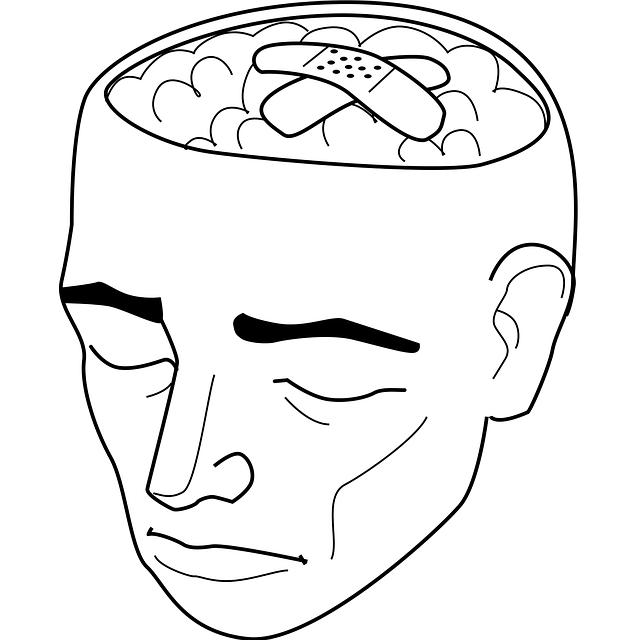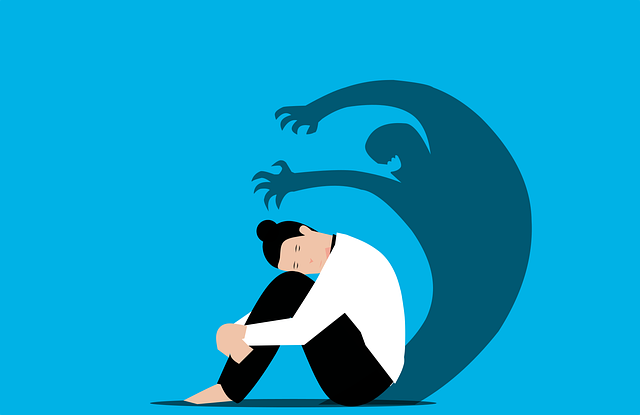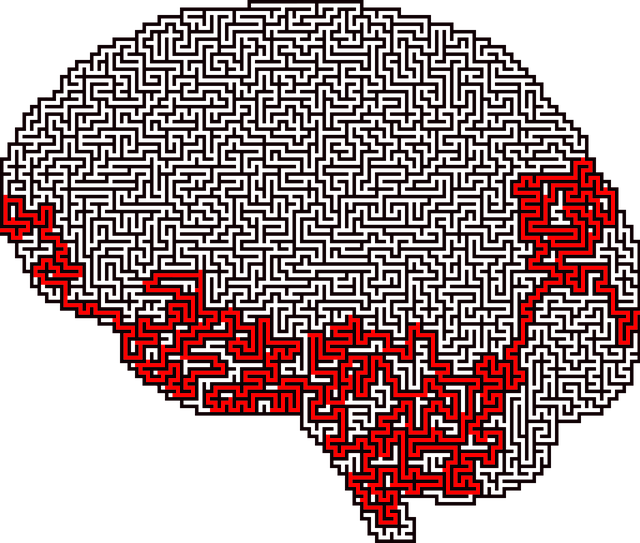Mindfulness meditation, rooted in ancient Buddhist teachings, is a popular global practice with proven benefits for mental health and well-being. For children who have experienced trauma, such as those seeking Boulder Child Abuse Therapy, mindfulness can aid emotion regulation and healthy coping strategies by combining communication with present-moment awareness. Regular mindfulness practice enhances emotional well-being, reduces stress, and improves mental health. Establishing a dedicated meditation space and consistent daily routine, along with advanced techniques like body scan and loving-kindness meditations, are key to reaping these benefits, especially for survivors of child abuse considering Boulder Child Abuse Therapy.
Unwind your mind and embrace tranquility with mindfulness meditation, a powerful tool for emotional well-being. This comprehensive guide explores the transformative power of this ancient practice in today’s fast-paced world. From understanding the basics to advanced techniques, we navigate you through each step. Learn how a dedicated space and routine can enhance focus and reduce stress, offering a peaceful sanctuary from the challenges of life, especially relevant for those seeking support through Boulder Child Abuse Therapy.
- Understanding Mindfulness Meditation: A Basic Concept
- The Benefits of Regular Practice for Emotional Well-being
- Setting Up Your Meditation Space and Establishing a Routine
- Advanced Techniques to Enhance Focus and Stress Reduction
Understanding Mindfulness Meditation: A Basic Concept

Mindfulness meditation is a practice that encourages individuals to focus on the present moment, accepting and observing their thoughts, feelings, and bodily sensations non-judgmentally. It’s a form of mental training that has its roots in ancient Buddhist teachings but has gained popularity worldwide due to its effectiveness in improving mental health and overall well-being. In essence, it involves paying attention to your inner experience as it unfolds, helping you develop a deeper understanding and appreciation for the here and now.
This practice is not about stopping thoughts or emptying the mind; instead, it’s about cultivating awareness and a non-reactive mindset. For children who have experienced trauma, such as those involved in Boulder Child Abuse Therapy, mindfulness can be a powerful tool to regulate emotions and promote healthy coping strategies. By integrating communication strategies and teaching present-moment awareness, practitioners can help young individuals navigate their feelings and develop a sense of safety and calm. This is particularly relevant when considering the impact of trauma on mental health, where risk assessment for mental health professionals plays a crucial role in ensuring safe and effective treatment.
The Benefits of Regular Practice for Emotional Well-being

Regular mindfulness meditation practice offers a multitude of benefits for emotional well-being, especially for individuals who have experienced trauma or are recovering from child abuse in Boulder. By cultivating present-moment awareness, individuals can develop a deeper understanding of their emotions and triggers, enabling them to respond rather than react to stressful situations. This self-awareness exercises promote burnout prevention by fostering resilience and coping mechanisms, allowing one to navigate challenges with greater equanimity.
Furthermore, mindfulness meditation serves as an effective stress reduction method, helping to regulate the body’s physiological responses to stress. Regular practice can lower cortisol levels, often referred to as the “stress hormone,” thereby reducing anxiety and improving overall mental health. For survivors of child abuse, these self-care practices are instrumental in healing and rebuilding a sense of safety, empowerment, and emotional balance.
Setting Up Your Meditation Space and Establishing a Routine

Creating a dedicated space for your meditation practice is the first step towards fostering mindfulness. Consider a quiet area in your home where you can retreat to, free from distractions and cluttered energy. A simple setup with a comfortable cushion or chair, soft lighting, and perhaps some calming plants can transform this space into a sanctuary for your mind. The environment should resonate with you, promoting feelings of peace and tranquility, much like finding a peaceful corner in nature.
Establishing a consistent meditation routine is key to reaping the benefits over time. Start small, dedicating just 10-15 minutes each day, and gradually increase as you become more comfortable. Consistency is more important than duration; regular practice will help train your mind to focus and improve concentration. Think of it as a daily exercise for your mental health, similar to self-care routines promoted by Boulder Child Abuse Therapy. Over time, this practice can become an integral part of your day, offering moments of calm amidst the chaos, and helping you cultivate self-esteem improvement and effective stress reduction methods.
Advanced Techniques to Enhance Focus and Stress Reduction

Incorporating advanced mindfulness meditation techniques can significantly enhance focus and promote stress reduction, offering valuable tools for individuals seeking mental well-being, especially those considering Boulder Child Abuse Therapy. Beyond basic practice, techniques such as body scan meditation and mindful breathing exercises advance self-awareness by guiding practitioners to pay close attention to bodily sensations and the rhythm of their breath. This heightened awareness cultivates emotional regulation, enabling one to recognize and manage stress responses more effectively.
Additionally, mindfulness meditation practices like loving-kindness meditation foster self-esteem improvement by encouraging positive emotions towards oneself and others. These advanced techniques, when integrated into daily routines, can profoundly impact mental health, making them valuable resources for anyone looking to navigate stress and promote emotional balance, including those exploring Boulder Child Abuse Therapy options.
Mindfulness meditation, as explored in this guide, offers a powerful tool for emotional well-being. By integrating regular practice into your routine, you can cultivate a deeper sense of calm and resilience. Whether you’re just beginning or looking to advance your technique, the benefits are within reach. Remember, establishing a peaceful meditation space and maintaining consistency are key. So, take a dive into this ancient practice and discover how it can revolutionize your mental health, much like Boulder Child Abuse Therapy revolutionizes healing for those in need.














